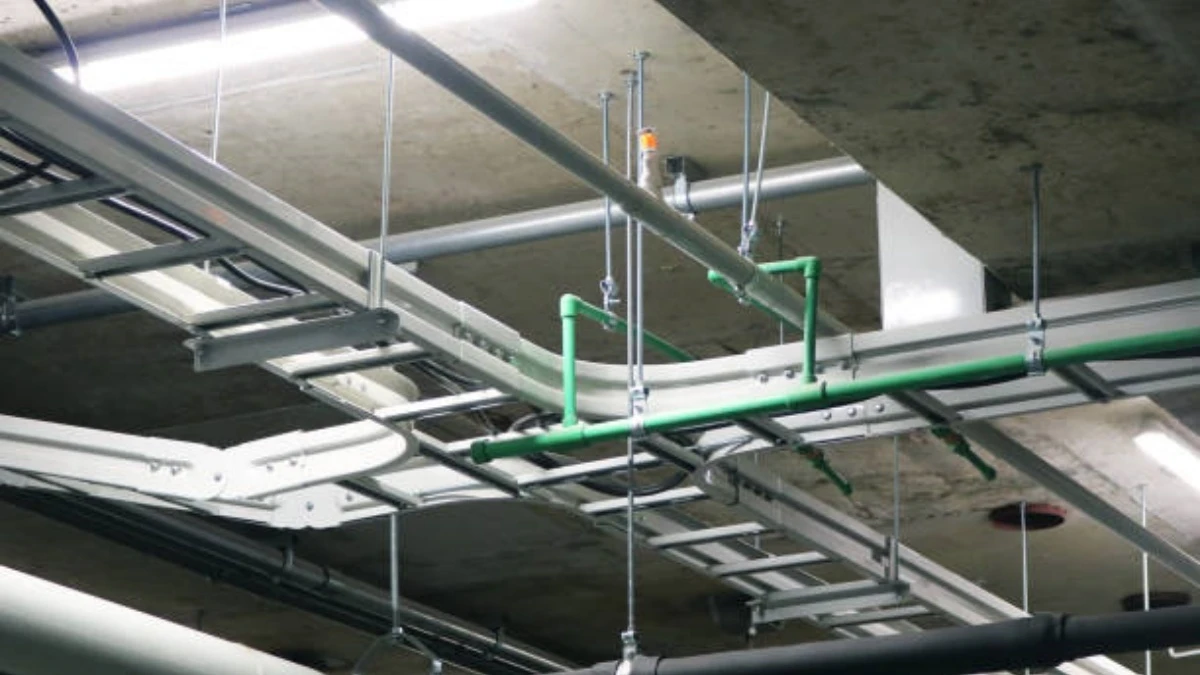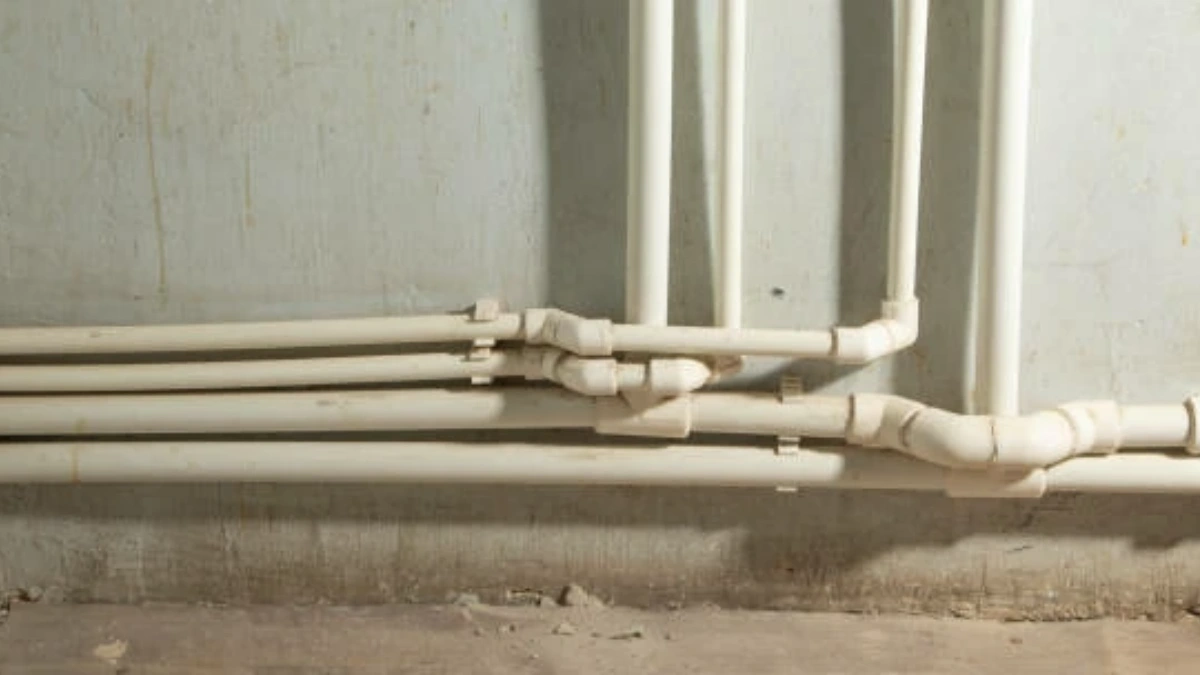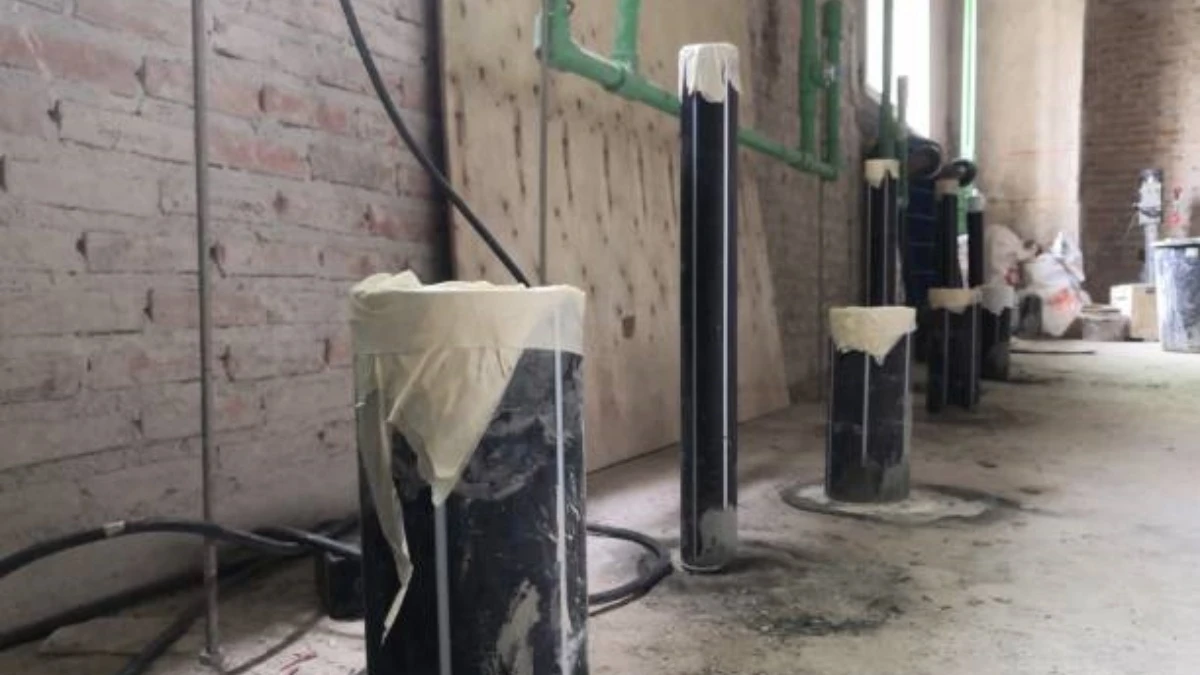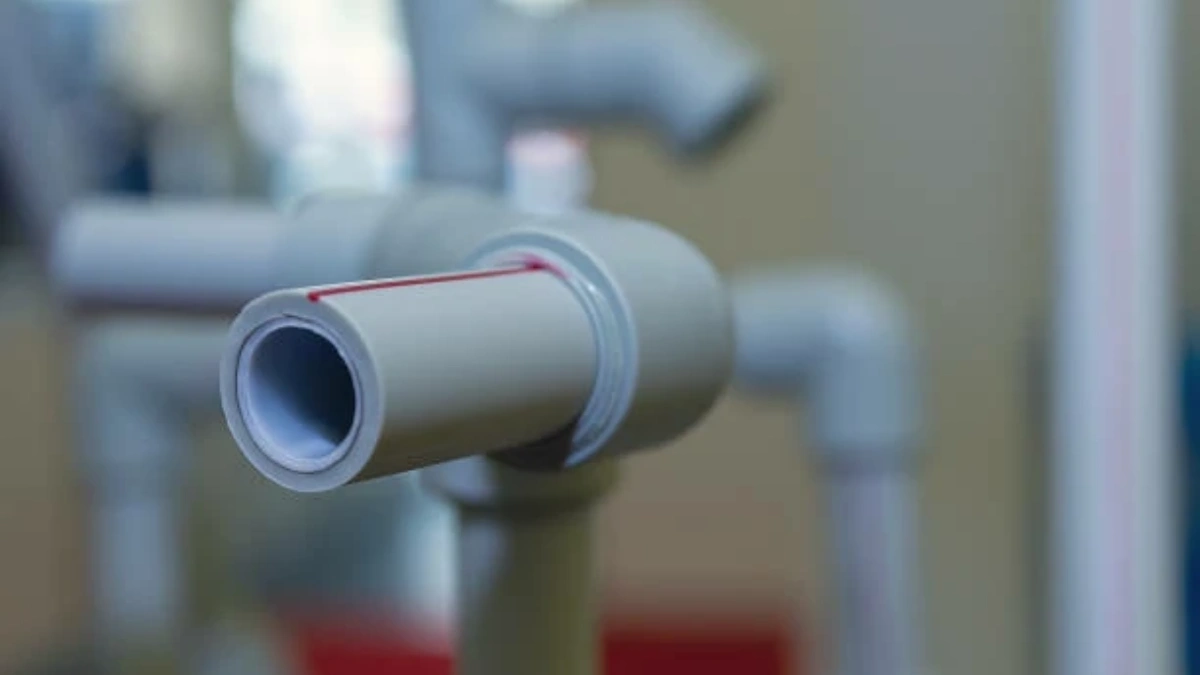Rheinmetall, a leading global technology group, has secured a significant new order for exhaust gas recirculation valves (EGR valves) worth a three-digit million-euro amount. This development highlights Rheinmetall’s prominence in automotive technology and the critical role EGR valves play in reducing vehicle emissions and meeting stringent environmental standards.
In this article, we’ll explore the function of gas recirculation valves, the importance of Rheinmetall’s achievement, and the broader implications for the automotive industry.
Understanding Exhaust Gas Recirculation Valves
What Are Gas Recirculation Valves?
Exhaust gas recirculation valves are components used in internal combustion engines to reduce harmful emissions. They recirculate a portion of the exhaust gases back into the engine’s intake manifold, lowering combustion temperatures and reducing the production of nitrogen oxides (NOx).
How Do EGR Valves Work?
- Gas Routing: The valve allows a controlled amount of exhaust gas to re-enter the engine.
- Temperature Control: The reintroduced gases lower the combustion chamber’s peak temperature, reducing NOx formation.
- Emission Reduction: By mitigating NOx emissions, EGR valves help vehicles comply with environmental regulations.
EGR valves are essential in modern vehicles, particularly as governments worldwide enforce stricter emission limits.
The Importance of Rheinmetall’s Order
A Testament to Expertise
Rheinmetall’s new order for gas recirculation valves demonstrates the company’s technological leadership in emission control solutions. With decades of experience in automotive components, Rheinmetall is a trusted partner for automakers seeking innovative and reliable solutions.
Meeting Global Demand
The order reflects increasing demand for advanced EGR valves as manufacturers prioritize cleaner engines to meet stringent emission standards like Euro 6 in Europe and Tier 3 in the United States.
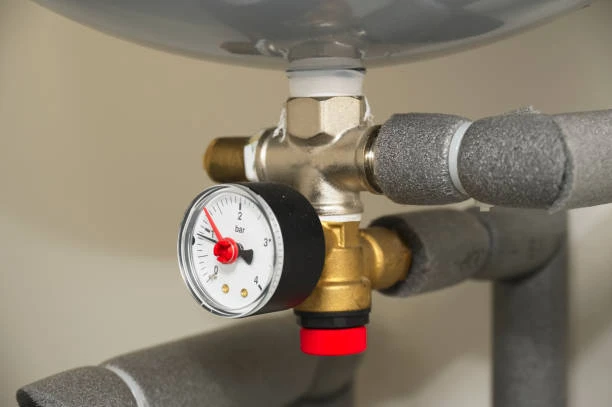
Key Features of Rheinmetall’s Gas Recirculation Valves
Rheinmetall’s EGR valves stand out due to their:
- High Durability: Built to withstand extreme engine conditions.
- Precision Control: Ensures optimal recirculation rates for varying engine loads.
- Compact Design: Fits seamlessly into modern vehicle architectures.
- Energy Efficiency: Minimizes power loss while maintaining performance.
These features make Rheinmetall’s valves a preferred choice for automakers aiming to enhance engine efficiency while reducing emissions.
Broader Implications for the Automotive Industry
The demand for EGR valves is driven by global efforts to combat air pollution and climate change. Rheinmetall’s success in securing this major order has significant implications:
1. Accelerating Emission Reductions
The deployment of advanced EGR valves contributes directly to reducing NOx emissions, improving air quality, and meeting regulatory targets.
2. Advancing Hybrid and EV Technologies
While electric vehicles (EVs) are growing in popularity, internal combustion engines remain prevalent. EGR valves play a vital role in making these engines more environmentally friendly, especially in hybrid vehicles.
3. Strengthening Supply Chains
Large-scale orders like this boost the development of robust supply chains, enabling the automotive sector to deliver sustainable solutions on a global scale.
Rheinmetall’s Commitment to Sustainability
Beyond manufacturing gas recirculation valves, Rheinmetall is committed to sustainability across its operations. The company emphasizes eco-friendly production processes, energy efficiency, and innovative technologies that reduce environmental impact.
Supporting the Transition to Cleaner Mobility
Rheinmetall’s investments in emission control solutions align with global efforts to transition to cleaner mobility. Their products support automakers in meeting evolving environmental standards without compromising vehicle performance.
Challenges and Opportunities in the EGR Valve Market
Challenges
- Stricter Regulations: Compliance with evolving emission standards requires continuous innovation.
- Competition from EVs: The rise of EVs may reduce demand for traditional engine components, including EGR valves.
Opportunities
- Hybrid Vehicle Growth: EGR valves are critical in hybrids, which combine internal combustion engines with electric power.
- Global Market Expansion: Emerging economies with rising vehicle ownership present new opportunities for emission control technologies.
Rheinmetall’s ability to address these challenges and capitalize on opportunities underscores its leadership in the automotive components industry.
The Future of Gas Recirculation Valves
As the automotive industry evolves, the role of gas recirculation valves will remain crucial. Innovations such as integrated valve systems and enhanced materials will further improve their efficiency and durability.
Rheinmetall’s investment in research and development positions it to remain at the forefront of this essential market. The company’s latest order reinforces its reputation as a key player in advancing emission control technologies worldwide.
Conclusion
Rheinmetall’s major new order for gas recirculation valves highlights the growing importance of emission control technologies in today’s automotive industry. By supplying advanced EGR valves, Rheinmetall is helping automakers meet stringent environmental standards while delivering reliable and efficient vehicle performance.
This milestone not only reflects Rheinmetall’s expertise but also underscores the critical role of innovation in achieving cleaner mobility. With this achievement, the company strengthens its position as a leader in the global automotive components market.
FAQs
1. What is the primary function of an exhaust gas recirculation valve?
An EGR valve reduces nitrogen oxide (NOx) emissions by recirculating exhaust gases into the engine’s intake, lowering combustion temperatures.
2. Why is Rheinmetall’s new order significant?
The three-digit million-euro order demonstrates Rheinmetall’s leadership in emission control solutions and reflects rising global demand for advanced EGR valves.
3. Are EGR valves used in hybrid vehicles?
Yes, EGR valves are critical in hybrid vehicles, improving engine efficiency and reducing emissions in systems combining internal combustion engines with electric power.
4. How do EGR valves contribute to environmental sustainability?
EGR valves help reduce harmful NOx emissions, improving air quality and supporting compliance with stringent environmental regulations.
5. What challenges does the EGR valve market face?
The market faces challenges such as evolving emission standards and competition from electric vehicles, but it also benefits from opportunities in hybrid vehicle growth and global market expansion.

